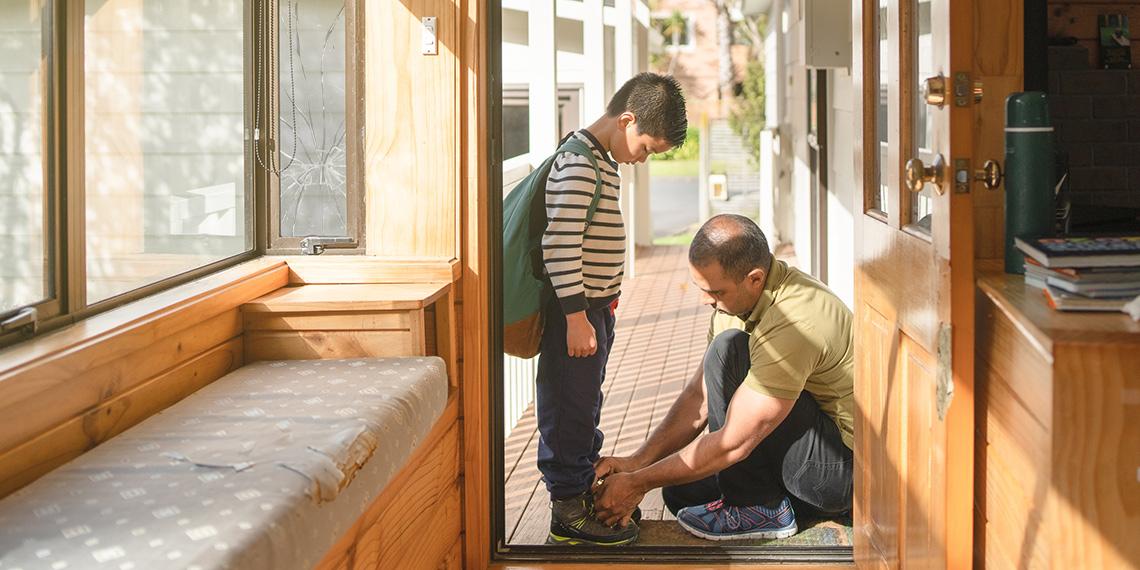You are here
Latest child poverty statistics highlight need for support and positive action

The Salvation Army is concerned by the latest Child Poverty statistics released by Stats New Zealand that show increases in child poverty in Aotearoa.
The response to child poverty carried out in recent years has seen a steady decline in child poverty across all primary measures used to monitor it. While poverty levels in the year to June 2023 on all measures were lower than the 2018 baseline, it is discouraging to see the increases in the past year in the latest figures.
Lt-Colonel Ian Hutson notes that factors that contributed to the much sought-after reduction in child poverty up to June 2022 seemed to have changed in the latest statistics to June 2023; for example, increases for the lowest income earners through a higher minimum wage and pay equity-related wage increases (mainly occupations primarily involving women); and real increases (ahead of inflation) in social welfare benefits. These measures in previous years allowed those struggling to get by on the lowest incomes just enough for tens of thousands of children to be lifted out of poverty.
But, as was reported in The Salvation Army’s annual State of the Nation 2024 report released on February 15, headwinds such as the increasing cost of living are making it more difficult for people to afford essentials like food and rent. This is reflected in the child poverty statistics released today, such as the increase in material hardship.
The Salvation Army is concerned that a blaming narrative around those on the lowest incomes, along with actual policies being enacted, is not helpful for people experiencing hardship and can increase their distress. Historically, such narratives have been accompanied by increases in child poverty and hardship.
Many whānau seeking welfare support come to The Salvation Army, directly from MSD with little assessment, where they receive food and support. Many people arrive in a distressed state, putting significant pressure on our staff and resources. A blaming narrative and punitive measures can further exacerbate the already stressful situation the marginalised people we serve are experiencing, as well as increasing the pressure our people find themselves under.
The Salvation Army welcomes the Minister for Child Poverty Reduction Hon Louise Upston’s reaffirming the Government’s commitment to child poverty reduction targets. We call on the Government to set out in detail how they plan to achieve further reductions in child poverty. Such a plan needs to ensure all households with children have an adequate income, regardless of the employment status of the adults in the household. This means ensuring welfare payments deliver liveable incomes, as well as finding proactive ways to get those who can into work that is stable, with income that can sustain the family.
The Salvation Army Territorial Media Officer, 021 945 337, email: media@salvationarmy.org.nz (The Media Officer responds to enquiries from media outlets and journalists. If you would like to donate, are in need of help, or have some other non-media-related enquiry, please call 0800 53 00 00.)